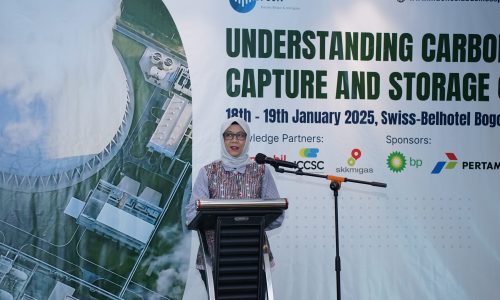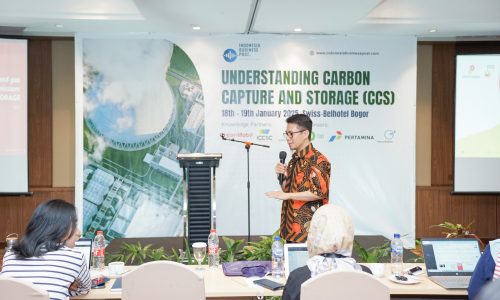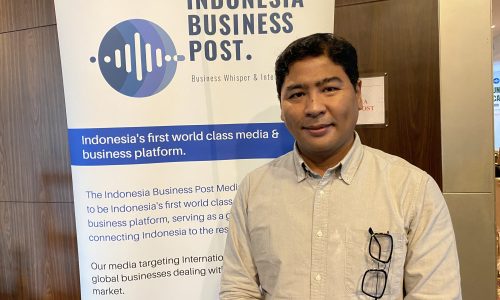The House of Representatives (DPR) received harsh criticism for its proposal to include power wheeling in the problem inventory list (DIM) during the deliberation of the renewable energy bill. Activists and experts have seen the power wheeling policy as a form of liberalization of Indonesia’s power sector that only benefit private sector.
Deputy Chairman of the House’s Commission VII overseeing energy and industry, Maman Abdurrahman, defended the proposal, saying the deliberation of the renewable energy bill should address the issue.
Power wheeling is a mechanism that allows private companies or Independent Power Producers (IPP) to build power plants and sell electricity to household and industrial customers. IPPs are permitted to pay a fee determined by the Ministry of Energy and Mineral Resources.
Dismissing liberalization agenda
“I request this forum to set a special agenda for the power wheeling issue because we support it in the bill. If there is no discussion regarding power wheeling, we can say that there has been no progress. Accordingly, we all have no intention to accelerate the development of new and renewable energy industries,” Abdurrahman told a hearing on January 24, 2023.
He said the House would need to examine allegations made by some individuals that there was a liberalization agenda behind the discourse on power wheeling. “I challenge all academics and experts to examine the issue of power wheeling. We want all laws passed by the government and the House to be more beneficial to the country as stipulated in Article 33 of the 1945 Constitution,” he explained.
According to Abdurrahman, people should not assume that state-owned companies are solely responsible for accelerating economic growth. While the House recognizes that state-owned enterprises make a significant contribution to the country, it also recognizes the need to maximize the role of private sectors.
Following the enactment of the revised renewable energy law, he said if a company built a solar power plant without access to its transmission network, the firm might use state electricity firm PLN’s existing transmission and distribution network.
“We do not want that [to happen]… After investors build solar power plants, they become confused on the distribution of electricity and they have to build transmission and networks,” Abdurrahman said.
Violation of Constitution
An economist at the Gadjah Mada University, Fahmi Radhi, called on all stakeholders to keep an eye on the renewable energy bill deliberation since there is a possibility of sneaking in the power wheeling article into the bill. He explained that power wheeling was a form of liberalization of power sector. It was inconsistent with article 33, verse 2 of the 1945 Constitution. The verse stipulates “branches of production which are important for the state and affect the people’s livelihood are controlled by the state”.
Electricity Law No. 20/2002 regulates power wheeling as a pattern of unbundling. Unbundling refers to how a company, including a state-owned enterprise, retains its core businesses while selling off, spinning off, or carving off assets, product lines, divisions or subsidiaries. A Constitutional Court ruling has annulled the unbundling pattern. The act of unbundling conflicts with the Constitution, according to the law.
Salamuddin Daeng, a researcher from the Association of Indonesia’s Political Economy (AEPI), stated that power wheeling would only bring enormous benefits and profits to private sector. The private sector can benefit from PNL’s transmission and distribution network without having to invest money or capital. Power plant owners, including Indonesian oligarchs, will own PLN’s assets.
PLN has monopolized the ownership and operation of the electricity transmission and distribution networks. The number of isolated grids exceeds 600, and eight leading networks exist. At the end of 2017, PLN served 67.5 million customers via 48,901 kilometers of transmission networks and 113,791 Megavolt Amperes of transmission transformation capacity. According to the 2018 electricity procurement plan, PLN is likely to consume 434 TWh of electricity by 2027, an increase of 6.9%.









